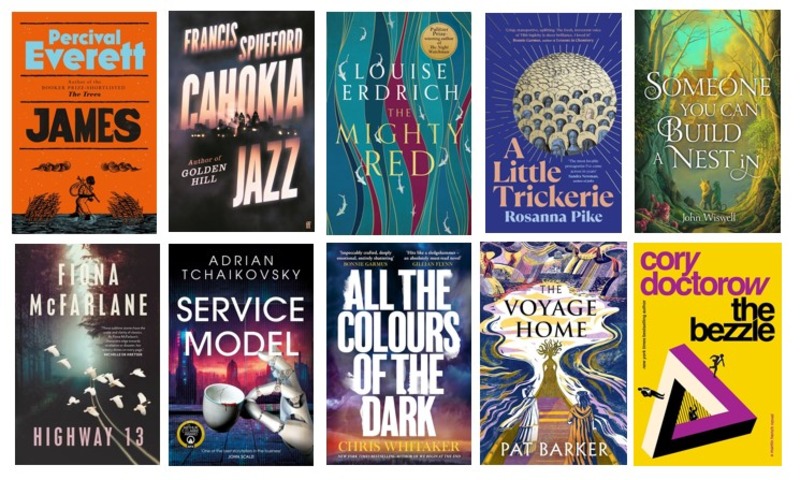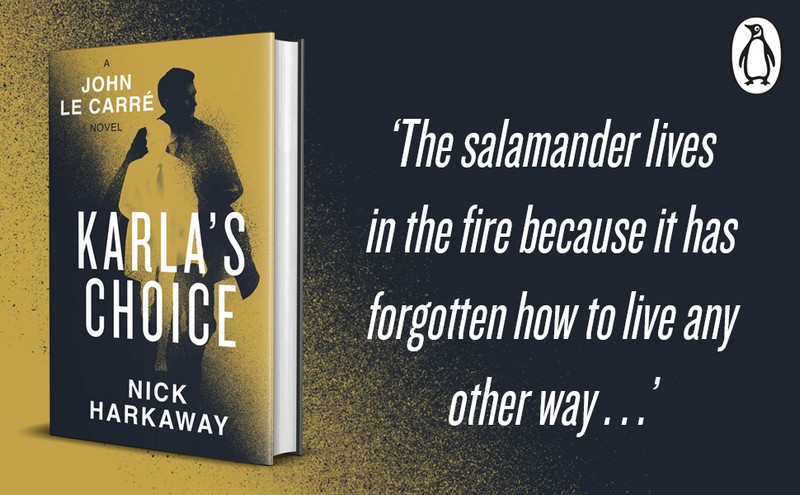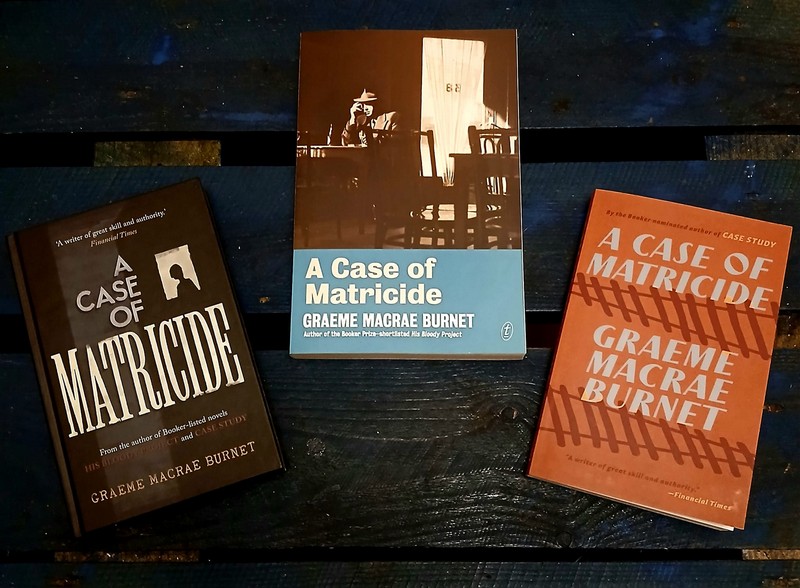 Jennifer Egan returns to the world of her Pulitzer Prize winning novel A Visit from the Goon Squad in her new novel The Candy House. The Candy House revisits the same characters and their children and hangers on and is delivered in the same connected short story style that jumps around in time and occasionally plays with different structural forms and narrative styles. While music was the uniting theme in the original book, this one ties things together with considerations of memory and connectedness.
Jennifer Egan returns to the world of her Pulitzer Prize winning novel A Visit from the Goon Squad in her new novel The Candy House. The Candy House revisits the same characters and their children and hangers on and is delivered in the same connected short story style that jumps around in time and occasionally plays with different structural forms and narrative styles. While music was the uniting theme in the original book, this one ties things together with considerations of memory and connectedness.
Egan opens with Bix Bouton, a multimillionaire who made his money from commercialising the internet. Bix is looking for inspiration for the next big thing and through a range of circumstances finds it – a technology that allows people to upload their memories to an external device which is marketed as “Own Your Unconscious”. As the technology develops it allows people to share their memories on line and explore different events from others’ points of view. But this book is not about that technology. Egan is not interested in exploring all of the ethical and moral implications of ‘Own Your Unconscious’, rather she wants to use it as a device to drive some of the drama and to highlight her thematic concerns. And in some stories it does not impinge on the story telling at all.
Despite going for a thematic coherence, Egan is not able to recapture the spirit of her earlier book. In fact by going over some of the stories again, this feels like a bit of a re-tread rather than something new. This is epitomised by the band reunion that gets organised in one of the later stories that brings many of the characters together. And there are so many characters and relationships that it is hard to keep track. But as in any collection like this some characters and stories stand out more brightly than others.
Fans of A Visit from the Goon Squad (and there are plenty) will enjoy catching back up with the characters from that book and their complicated, interconnected lives. Because while going forward well into the future, there is also plenty of additional backstory for some of the main characters. But there is no need to have read the first book to enjoy this one. After the fascinating shift to historical fiction in Manhattan Beach, and despite the new thematic concerns, this still feels like a backward step.
Robert Goodman
For more of Robert’s reviews, visit his blog Pile By the Bed
Other reviews you might enjoy:
- The Memory Librarian (Janelle Monae) – book review
- The Latecomer (Jean Hanff Korelitz) – book review
- The Bezzle (Cory Doctorow) – book review

Robert Goodman is a book reviewer, former Ned Kelly Awards judge and institutionalised public servant based in Sydney. This and over 450 more book reviews can be found on his website Pile By the Bed.



